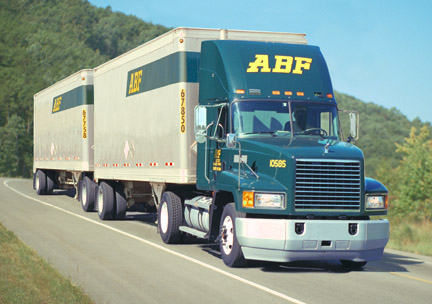
Even though Teamster members voted to reject a last and final contract offer, they still ended up with the contract they rejected. How could this be?
Over the last several weeks, the Teamsters and financially-plagued ABF hammered out a deal that will immediately cut wages 7%, saving $55-$65 million per year.
Although the members of one of the affected locals rejected the concessionary contract, their refusal to strike gave the Teamsters the ability to put the contract into effect under Teamsters’ Article XII, Section II.
That little-known clause may have just saved Arkansas Best Freight (ABF) and 7,500 jobs.
In the event no new tentative agreement is reached, or if the members reject the new tentative agreement, the master committee shall conduct a separate strike authorization vote among the members covered by the special rider or supplement. The separate strike vote cannot be combined with the vote on any revised tentative agreement. If the affected members fail to authorize a strike utilizing the standards set forth in Section 1(b) of this Article, or refuse to strike if one is authorized by the affected members and is called by the master negotiating committee, the master negotiating committee shall have authority to accept the final offer or such additional provisions as can be negotiated.
If the local members had struck, it would have likely been the end of ABF–and 7500 jobs.
Sometimes loopholes can be a good thing?
Teamsters International Constitution – 2011 by LaborUnionReport





